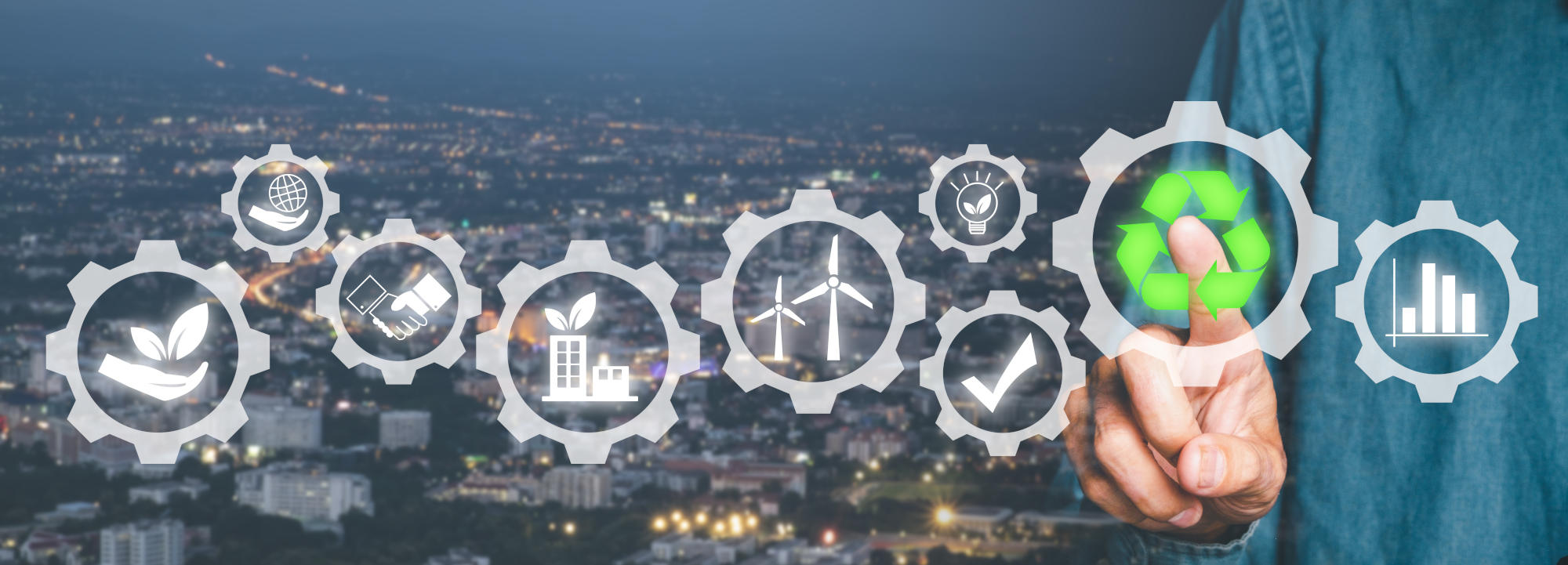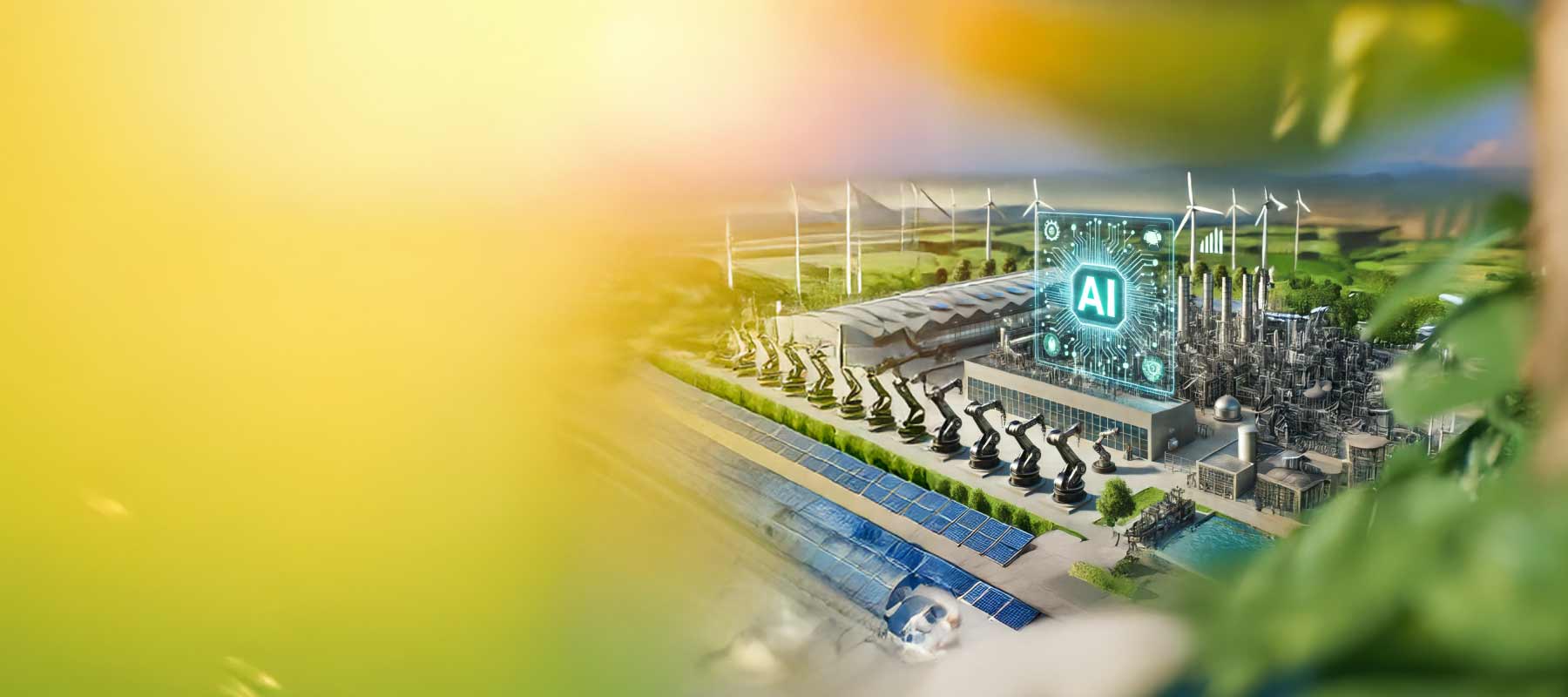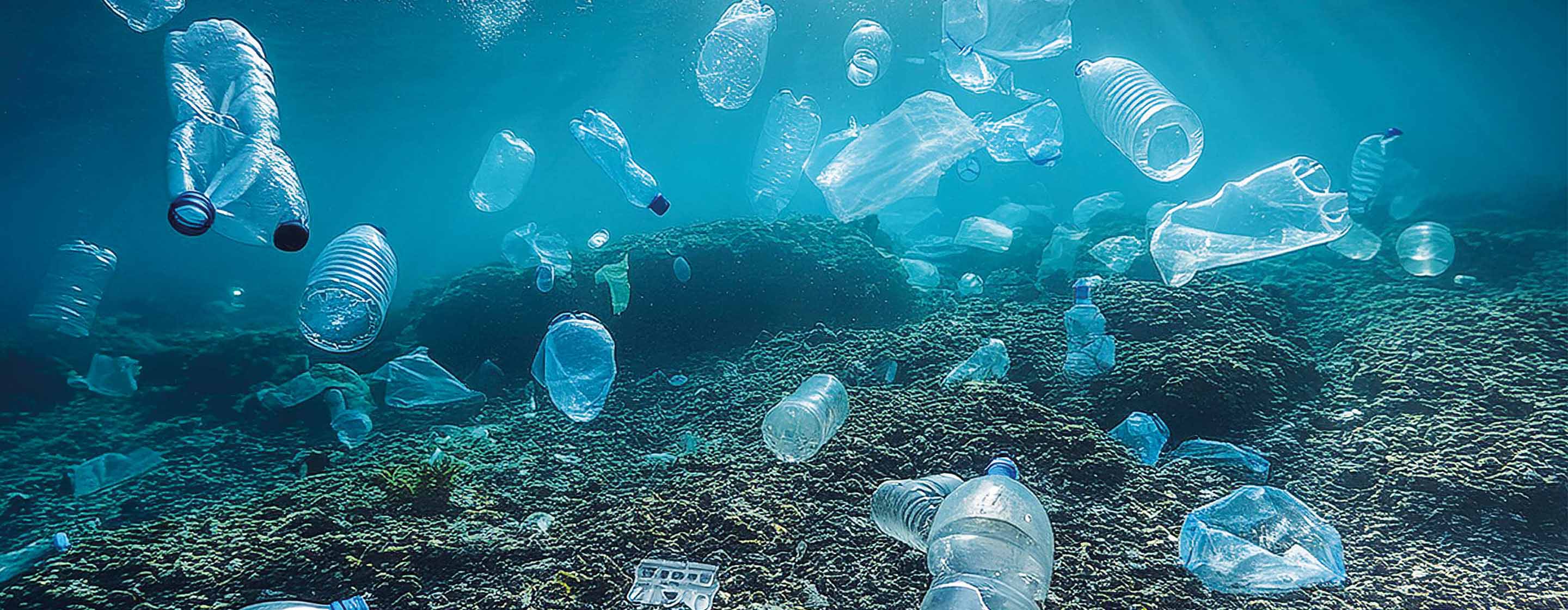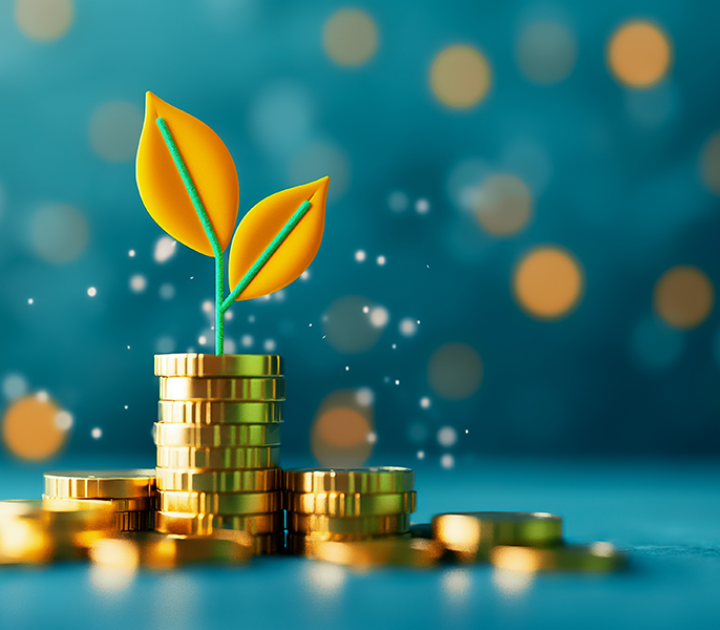Leading in turbulent times webinar series: Sustainability

With the current situation constantly evolving, COVID-19’s human, financial and economic consequences are anyone’s guess. But to what extent can the crisis inform us on how to face the greater issue of sustainability?
By already planning for the next stage of the crisis, particularly the potential impact that the virus will have on the issue of sustainability, your organization can minimize negative impact.
This webinar is led by Frédéric Dalsace, Professor of Marketing and Strategy, IMD, who has been working on CSR issues for more than a decade. He delves deep into the issue of whether the coronavirus is likely to delay or to accelerate the way our society is tackling sustainability.
After studying the Great Recession of 2007-08 in detail, Professor Dalsace shares his worries about the aftereffects of the coronavirus crisis. “Is it going to be different this time? I had great hopes about the system becoming more equitable in 2008, but everything soon went back to normal and no progress was made. I was very disappointed.”
But bringing a positive spin to the current opportunity, Dalsace says we as individuals, and as a group, can put our priorities in place now so that sustainability becomes the end goal once again.
The scenario that will unfold may well depend on the collective narrative that is being built as we speak. It will be country specific and will be a function of the extent that we think the COVID-19 crisis is a one of a kind event vs one of many. It will also depend on our evaluation of the response by national institutions.
“YOU will drive this narrative. YOU will drive society. As soon as the negative rebound is over, YOU can demand change,” he insists.
This leads to the ultimate question: What can we learn from the way COVID-19 is being fought to be better able to address overall sustainability challenges? Wrapping up the session, Dalsace answers participants’ questions and investigates the effects on the luxury sector boom during the initial rebound, the reengineering of supply chains to ensure their survival and also explores the buyer-seller relationship in the short and medium term.
Research Information & Knowledge Hub for additional information on IMD publications

Subsidies of renewables has led to electricity prices frequently falling to less than zero leading to opportunities for consumers

Once corporate activists, today’s CSOs are business integrators. 6 ways the CSO role is evolving: strategist, risk mitigator, innovator, regulator, storyteller, and leader.

AI is revolutionising industry by improving efficiency and driving sustainability. Discover how data-driven insights shape a greener future

Chanel Global CFO and IMD Executive in Residence Philippe Blondiaux explains how finance leaders can sustain a long-term focus on sustainability while addressing short-term challenges.

Discover a framework for Responsible Leadership, guiding you to lead with care and ethics in an increasingly turbulent and complex world.
The case examines the entrepreneur-led carve out and buyout of dss+, DuPont’s safety and sustainability consulting division, by Gyrus Capital and dss+ management team. dss+ (formerly “DuPont Sustainable Solutions”) played a pivotal role in high-ri...

The need to protect nature is a challenge for all companies. But do you know the potential business benefits of a successful biodiversity strategy? Take this short quiz to test your knowledge of the issue, and read on for a five-step guide to gett...

Leaders, strategists, and decision-makers can play a pivotal role in integrating sustainability into business strategies – and make money in the process. Knut Haanaes, Bryony Jansen van Tuyll, and Øystein D. Fjeldstad outline five steps to make it...

AI can enhance sustainability reporting and help you deepen green efforts – but it also has an environmental impact of its own. Julia Binder and José Parra Moyano identify the four ‘hows’ of harnessing AI for enhanced sustainability reporting and ...

No single leader or business function can drive progress toward net zero. Knut Haanaes identifies six ways in which CHROs can help drive organizational change.
Research Information & Knowledge Hub for additional information on IMD publications
in I by IMD
Research Information & Knowledge Hub for additional information on IMD publications
in I by IMD
Research Information & Knowledge Hub for additional information on IMD publications
in I by IMD
Research Information & Knowledge Hub for additional information on IMD publications
in I by IMD
Research Information & Knowledge Hub for additional information on IMD publications
Case reference: IMD-7-2639 ©2025
Research Information & Knowledge Hub for additional information on IMD publications
in I by IMD Brain Circuits 24 February 2025
Research Information & Knowledge Hub for additional information on IMD publications
in I by IMD Brain Circuits 17 February 2025
Research Information & Knowledge Hub for additional information on IMD publications
Research Information & Knowledge Hub for additional information on IMD publications
Research Information & Knowledge Hub for additional information on IMD publications


